Bulgaria in the Tension between NATO, Ukraine and Russia
Bulgaria‘s strategy in the crisis over Ukraine, adopted at today’s cabinet meeting, will be aimed entirely at the Bulgarian army, and our country will make every effort to resolve the conflict peacefully. This was announced by Prime Minister Kiril Petkov after the government session.
Some of the information during today’s sitting is secret and will not be announced, including to the deputies in the parliament, Kiril Petkov told the ministers. Later, it became clear from his words to the media that Bulgaria will focus all its efforts on resolving the Russia-Ukraine conflict through diplomatic channels. And our defense system will be aimed at developing the potential of the Bulgarian army.
Less than a day was the deadline given by Prime Minister Kiril Petkov to the Minister of Defense Stefan Yanev to prepare a draft of the national position of our country and measures to strengthen the security system in Bulgaria. The project was submitted and approved at today’s meeting.
The Council of Ministers decided to prioritize Bulgaria‘s strategy towards fully de-escalating tensions between NATO and the Russian Federation, as well as to use absolutely all opportunities through diplomatic channels to resolve this conflict. Our defense strategy will be based on the Bulgarian army. That means Bulgarian troops, Bulgarian command and Bulgarian military leadership, said Kiril Petkov, prime minister.
The Prime Minister expressed regret that over the years our army has been underfunded and stressed that we will work actively to cover precisely these deficits by avoiding the purchase of equipment that is not systematically selected. From now on, Bulgaria should not be just a consumer of security. It should be a constructive partner of NATO, said Kiril Petkov.
The Minister of Defense Stefan Yanev announced that together with the diplomatic efforts “Bulgaria must develop its defense potential in the direction of preparing a battalion battle group with Bulgarian troops and Bulgarian command”. On BNT he explained the details:
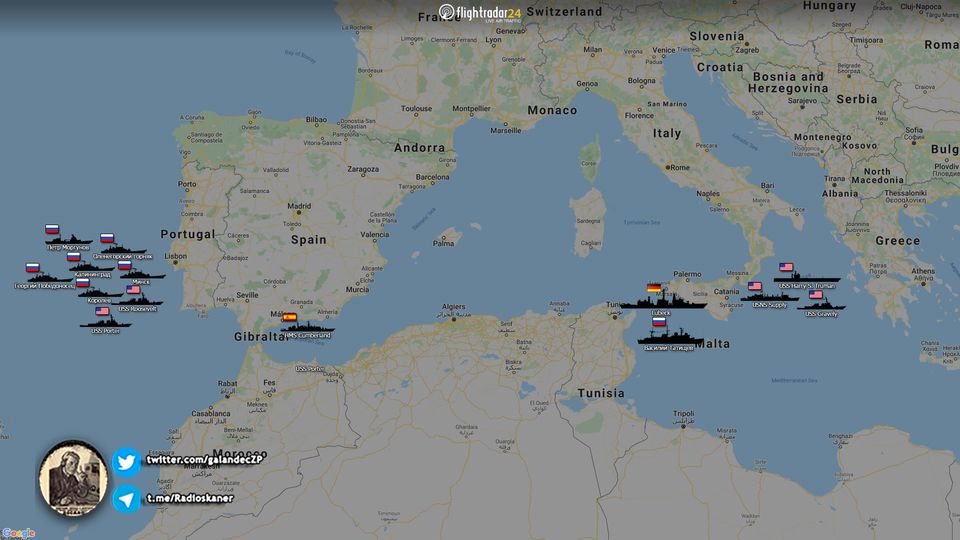 This will happen with a limited contingent, if we talk about what size – the order is not more than one battalion, not more than 1,000 people. A joint exercise is not a task, but a means, a joint exercise is a means to increase training and capacity. The battalion will take part in joint NATO exercises, which have been planned since last year, Yanev said. According to him, the decisions made today will be the Bulgarian position in the framework of the discussed measures in NATO.
This will happen with a limited contingent, if we talk about what size – the order is not more than one battalion, not more than 1,000 people. A joint exercise is not a task, but a means, a joint exercise is a means to increase training and capacity. The battalion will take part in joint NATO exercises, which have been planned since last year, Yanev said. According to him, the decisions made today will be the Bulgarian position in the framework of the discussed measures in NATO.
Neither the Prime Minister nor the Minister of Defense commented today on the information from the last days about the possible deployment of NATO ground troops and fighters in our country.
Source from Brussels: Bulgaria is Ready to Accept French Soldiers
And the Foreign Minister reminded that since December at all diplomatic forums our country has consistently insisted on the need to find a diplomatic solution to the conflict. These efforts will continue in the future. We hope that the conflict will be resolved diplomatically. However, diplomatic speech must be supported by the necessary evidence that we have the necessary defense capabilities, said Teodora Genchovska – Minister of Foreign Affairs.
The National Assembly heard out Kiril Petkov and ministers on Russia-NATO tensions at an extraordinary meeting today
The Prime Minister, the Ministers of Defense, the Ministers of Foreign Affairs, and the heads of the services in connection with the Russia-NATO tension and the Bulgarian position were heard in the parliament.
Bulgaria is not a consumer of security – this was stated by Prime Minister Kiril Petkov before the National Assembly. He added that in the current situation the Bulgarian army will be prioritized with a battalion, which will probably be formed in April-May. There is also a readiness to withdraw Bulgarian diplomats from Ukraine, but there is no such need at the moment.
The Minister of Defense highlighted the deficits in the Bulgarian army. The Foreign Minister pointed out that our country gives precedence to diplomacy.
MPs outlined dialogue as the best mechanism for resolving the crisis. They expressed concern about the state of the Bulgarian army and the possible economic consequences of escalating tensions.
The de-escalation of tensions is a top priority for Bulgaria, Prime Minister Kiril Petkov reaffirmed before parliament.
Bulgarian PM: Bulgaria is a Sovereign State. Russia should De-Escalate
“The escalation is real. We monitor all developments in this conflict on a daily basis. Our strategy for the first time has the idea of not being security consumers, but partners. Over the years, there are clear deficits in equipment in the Bulgarian army. We have different options – to prioritize the Bulgarian army, with Bulgarian troops, with Bulgarian command,” said Kiril Petkov.
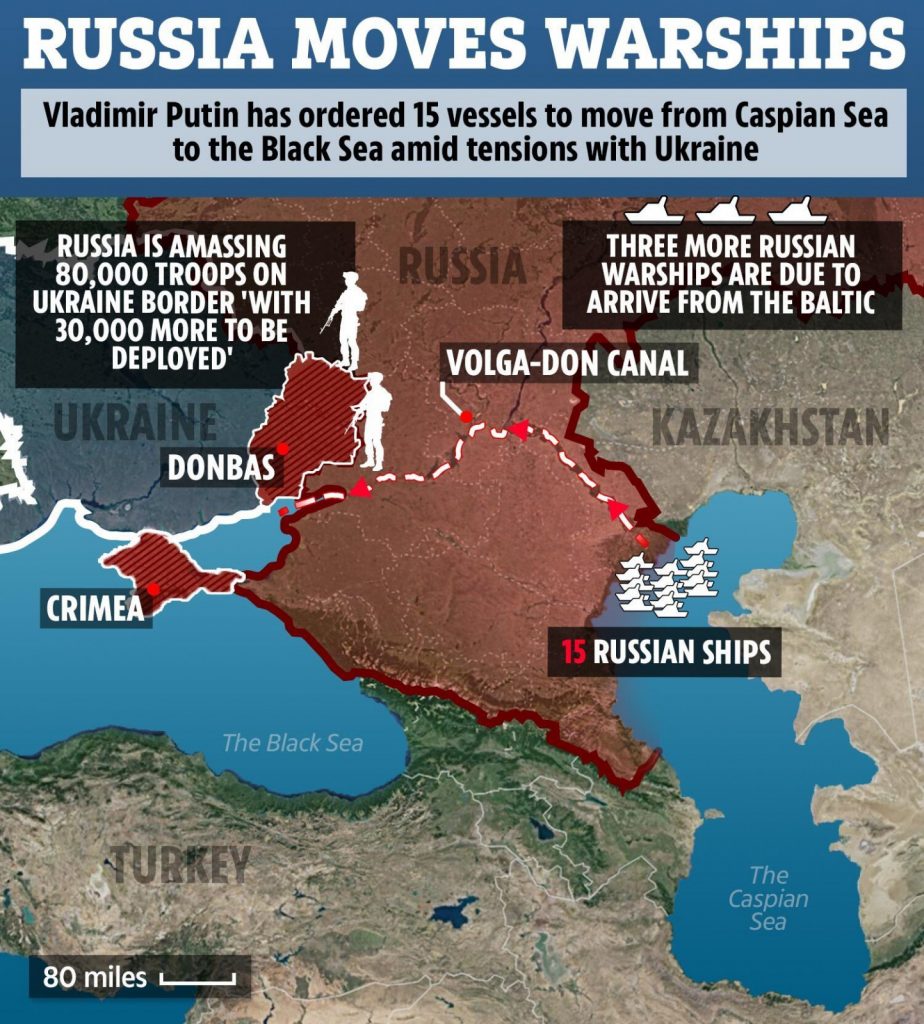
The Minister of Defense further developed the idea of prioritizing the Bulgarian army.
“A Bulgarian battalion will be made and everything will be done through national communication channels. This means that this battalion will increase the pace of preparation. We do not envisage escalation. We do not envisage plans to defend national territory. Nor do we envisage plans for another team to go elsewhere, to a different place”, said Stefan Yanev – Minister of Defense.
The Foreign Minister pointed out that our country gives precedence to diplomacy.
“Obviously, Russia is trying to divide allies by dividing them into categories,” said Teodora Genchovska, the foreign minister.
Opposition party GERB expressed concern that our country may behave as a security consumer.
“We will support you if you stop raising dust with phrases such as ‘national interest’. For us, the national interest is to be a strong member of NATO. GERB governments have done a lot for our defense capabilities – we paid for ‘Cougars’ and ‘Spartans’, you will order and pay the next F-16s. If you offer us a meaningful position – we are ready to support you,” said Daniel Mitov of GERB-SDS.
“The only thing to say whether we are a consumer is how we set our priorities. Our priority is the Bulgarian army with Bulgarian troops,” said Kiril Petkov.
The political party Democratic Bulgaria expressed concern over the state of the Bulgarian army.
“The mission of the Bulgarian army is constitutionally set, but we are all aware of the degree of readiness of obsolete equipment and delayed modernization,” said Hristo Ivanov.
The opposition party Movement for Rights and Freedoms outlined the best solution to the problems in this crisis.
“Through discussion, transparency, and everything that leads to military action. What would be the economic consequences?” Mustafa Karadayi said.
“The main risks are in the energy sector,” Kiril Petkov replied.
And the coalition party “There Is Such a People” focused on the possible economic consequences of escalating tensions.
“Is there a scenario for the energy sector?” Victoria Vasileva of TISP asked.
“We have a clear plan and we are in communication with the EU on how this can happen. Bulgarian households and businesses will be able to count on it,” said Kiril Petkov.
The Bulgarian left welcomed the ruling party’s decision to de-escalate tensions.
“The key for Bulgaria is to maintain its position in this hysterical situation. Bulgaria will not engage in hostile and military action,” Christian Vigenin from the Bulgarian Socialist Party said.
The nationalist Vazrazhdane (Revival) party asked the prime minister if he thought Russia posed a threat to Bulgaria‘s national security.
“There is an escalation of hysteria in Bulgaria. Russian troops are just doing standard exercises. This is being used in the domestic political debate. We are not just a consumer of security, we are using security as a maneuvering ground,” party leader Kostadin Kostadinov said.
Russia has launched Military Maneuvers near Ukraine and in Annexed Crimea
Bulgarian PM: Bulgaria’s Sovereignty is Above Everything
“We have no master. No one can say otherwise,” said Kiril Petkov.
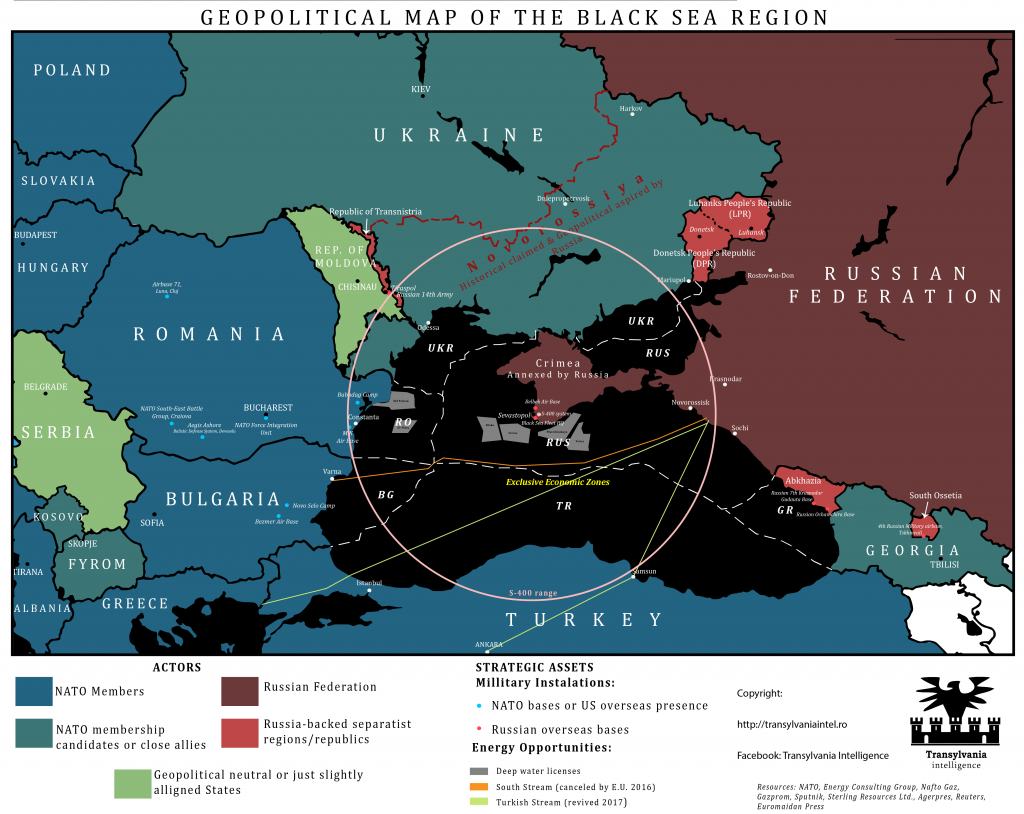
Pentagon: US Should Deploy More Troops in Bulgaria as Tensions Rise between Ukraine and Russia
Former Secretary of Defense Mark Esper says the United States should deploy more troops along the Black Sea in Bulgaria and Romania to deter potential aggression from Russia as tensions between Moscow and Washington heat up.
Esper, now a fellow at the McCain Institute for International Leadership at Arizona State University, said “I think we need to continue to stand up to Russia and trying to deter their bad behavior.”
Washington should look to reassure European allies and boost the NATO alliance by deploying more forces in Poland, “into the Baltics, if it makes sense, and places like Romania and Bulgaria, if not on a permanent – on a rotational basis,” Esper said in an interview with Reuters on Tuesday.
President Joe Biden called on Russian President Vladimir Putin on Tuesday to reduce tensions stirred by a Russian military build-up on Ukraine’s border and proposed a summit of the estranged leaders to tackle a raft of disputes.
Russia seized Crimea from Ukraine in 2014 and fighting has increased in recent weeks in eastern Ukraine, where government forces have battled Russian-backed separatists in a seven-year conflict that Kyiv says has killed 14,000 people.
When he was running the Pentagon last year, Esper advocated a similar shift as former President Donald Trump announced his intention to cut the U.S. troop contingent in Germany by about a third, saying Berlin had been taking advantage of the United States while not meeting financial obligations to NATO.
The United States announced on Tuesday that it will ramp up its forces in Germany amid the latest tensions with Russia over Ukraine, abandoning Trump’s plan to withdraw around 12,000 of the 36,000 U.S. troops there.
NEW Book – Tastes of Europe: 104 Traditional Recipes of Bulgaria, France, Germany, Italy, Poland, Russia & More (Paperback)
 Europe has a very rich history and is a place many aspire to visit. To walk its cobblestone streets, see the majesty of the Eiffel Tower or tour the ancient ruins of Rome are only but a few wondrous adventures one can partake in Europe. The tastes of Europe are all the same intriguing. European cuisine is filled with depths of flavor implementing fresh seasonal ingredients while being influenced by hundreds of different cultures and as many years of technique and mastery.
Europe has a very rich history and is a place many aspire to visit. To walk its cobblestone streets, see the majesty of the Eiffel Tower or tour the ancient ruins of Rome are only but a few wondrous adventures one can partake in Europe. The tastes of Europe are all the same intriguing. European cuisine is filled with depths of flavor implementing fresh seasonal ingredients while being influenced by hundreds of different cultures and as many years of technique and mastery.
Now you can enjoy this unique culinary culture of intriguing dishes from all over Europe right in the comfort of your own home. From the distinctive desserts of Czechoslovakian Blueberry Bublanina and Lithuanian Poppy Seed Cookies to the heavenly flavors of more traditional meals like Sautéed Sauerkraut with Pork and Mini Meatball Soup, Tastes of Europe includes delicious exciting recipes that are easy for all to prepare. This cookbook features 104 authentic recipes of Europe with an emphasis on Eastern European flavors and Bulgarian cuisine. Among other featured countries are France, Germany, Italy, Poland and Russia.
Some of these dishes are distant relatives to ones found in ancient Roman manuscripts believed to have been compiled in the late 4th or early 5th century AD. Others are among those far before the time of Christ. With nearly every dish comes a story and custom. This cookbook attempts to preserve these century year old stories for many years to come so they can continue to be passed down.
FREE Shipping on orders over $25
New Russia Law on Religious Missions Explained
USCIRF Condemns Enactment of Anti-Terrorism Laws in RUSSIA
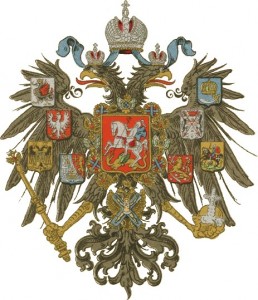 WASHINGTON, D.C. – Russian President Vladimir Putin on July 7 signed into law a package of anti-terrorism measures the Russian State Duma passed in late June.
WASHINGTON, D.C. – Russian President Vladimir Putin on July 7 signed into law a package of anti-terrorism measures the Russian State Duma passed in late June.
The U.S. Commission on International Religious Freedom (USCIRF) strongly condemns these measures. Under the guise of confronting terrorism, they would grant authorities sweeping powers to curtail civil liberties, including setting broad restrictions on religious practices that would make it very difficult for religious groups to operate. On June 23, President Putin signed into law yet another problematic measure: It authorizes the police to arrest people suspected of violating “generally accepted norms of social behavior,” thereby giving authorities another weapon to use against disfavored groups, including religious organizations.
“These deeply flawed anti-terrorism measures will buttress the Russian government’s war against human rights and religious freedom,” said USCIRF Chair Thomas J. Reese, S.J. “They will make it easier for Russian authorities to repress religious communities, stifle peaceful dissent, and detain and imprison people. Neither these measures nor the currently existing anti-extremism law meet international human rights and religious freedom standards.”
The anti-terrorism measures would, among other provisions, amend the 1997 Russian religion law by redefining “missionary activities” as religious practices that take place outside of state-sanctioned sites. The new law thus would ban preaching, praying, proselytizing, and disseminating religious materials outside of these officially-designated sites, and authorize fines of up to $15,000 for these activities conducted in private residences or distributed through mass print, broadcast or online media. Foreign missionaries also must prove they were invited by state-registered religious groups and must operate only in regions where their sponsoring organizations are registered; those found in violation face deportation and major fines.
The Russian government uses its current anti-extremism law to target religious communities because the legal definition of extremism does not require the threat or use of violence. “Extremism” charges can include the peaceful promotion of “the superiority of one’s own religion,” and have resulted in religious texts being banned and members of non-violent Muslims groups and Jehovah’s Witnesses imprisoned. The proposed anti-terrorism measures would increase prison terms under the current extremism law.
USCIRF placed Russia on its Tier 2 list in its 2016 Annual Report. In Tier 2 countries, the violations the government engages in or tolerates are serious and characterized by at least one of the elements of IRFA’s “systematic, ongoing, and egregious” standard. For more information, please refer to the Russia chapter in USCIRF’s 2016 Report (in English and in Russian).
Bulgaria Halts Work on South Stream Gas Pipeline
Bulgaria’s prime minister has ordered on Sunday a halt to construction work on the Gazprom-led South Stream pipeline project planned to bypass Ukraine as a transit country and consolidating Russia’s energy grip in Europe. Plamen Oresharski said after meeting U.S. Sens. John McCain, Christopher Murphy and Ron Johnson that he has ordered all work on the disputed project to continue only after consultations with Brussels.
Last week, the European Commission opened an infringement procedure against the Balkan country and asked construction work to be stopped, arguing that Bulgaria hadn’t respected EU internal market rules covering the award of public contracts. The standoff over Ukraine has forced the 28-nation EU into a sudden rethink of its energy policies to make it less reliant on Russia and its state-owned gas company Gazprom.
In particular, the EU decision will affect the South Stream pipeline, in which Russia’s Gazprom holds a 50-percent stake, and would provide an alternative supply route for Bulgaria, Serbia, Croatia, Hungary, Slovenia, Austria and Italy. It is expected to ship up to 63 billion cubic meters of gas from 2018. Bulgaria, which is almost totally dependent on gas supplies from Russia, is trying to avoid another cutoff after it was among those who suffered most of the gas price dispute between Russia and Ukraine in 2009.
Washington had already voiced criticism over Bulgaria’s decision to award the construction of the Bulgarian stretch of South Stream to a consortium led by Russia’s Stroytransgaz — a Russian company subject to U.S. sanctions. In a statement on Friday, U.S. Ambassador Marcie B. Ries voiced “deep concern” over the decision. “Now is not the time for business as usual with Russia,” she said. “We advise Bulgarian businesses to avoid working with entities sanctioned by the United States.” “We understand that there are some issues concerning the South Stream pipeline project,” McCain said Sunday and added that “obviously we want as little Russian involvement as possible.”


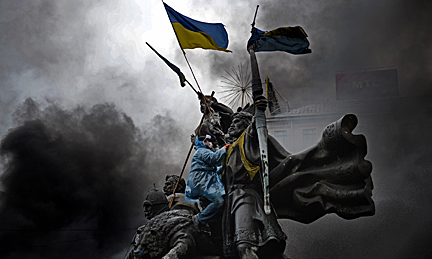
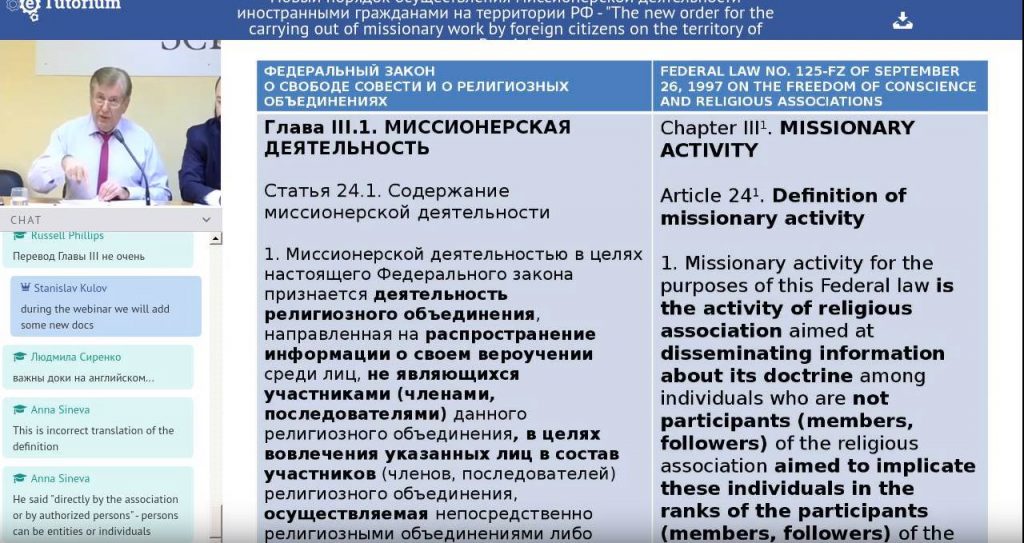
![south_stream[1]](https://cupandcross.com/wp-content/uploads/2014/06/south_stream1.png)





